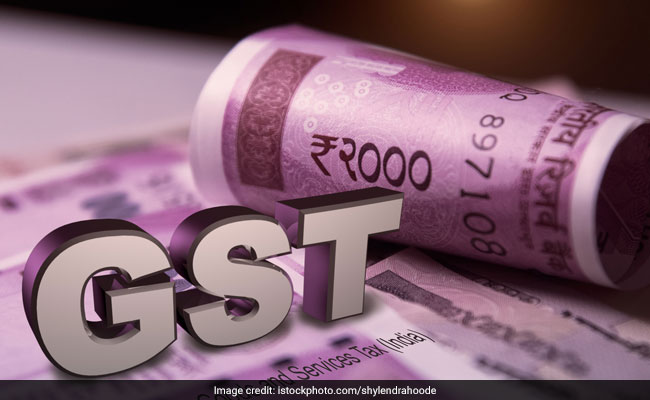
The government on Sunday reiterated that the nation-wide Goods and Services Tax (GST) will be rolled out on July 1 as planned but it will allow companies to file late returns for the first two months so that they can adapt to a new online filing system. Finance Minister who heads the GST Council met in the national capital today to discuss the roll out of the Goods and Services Tax on July 1. The next meet of GST Council is expected to take place on June 30 on the eve of the launch, Finance Minister Arun Jaitley said.
Here are the latest developments on the GST front:
The government will let companies file late returns for the first two months so that they can adapt to a new online filing system. Under The GST, the biggest tax reform in India's history will require firms to file three online returns each month. Some business lobby groups have urged a delay to the rollout to allow more time to get ready.
Arun Jaitley, speaking after a meeting of a GST Council, said there would be "a slight relaxation of time" covering July and August before the strict GST filing timetable would apply from September.
Companies would be able to file simplified, aggregate returns in July and August, with a deadline of the 20th of the following month, said Hasmukh Adhia, a finance ministry official steering the launch of the tax.
Once fully up and running, the GST would require companies to file a complete return of their sales invoices by the 10th of the following month, with a second of their purchase invoices by the 15th. A third return would calculate their tax bill.
Meanwhile, in relief for AC hotels, the Council decided to raise the threshold for the 28 per cent tax to Rs 7,500 from Rs 5,000 at present. This would mean that an 18 per cent GST will be levied on bills of Rs 2,500-7,500.
The GST Council decided to tax lotteries in two segments -- with state-run ones attracting 12 per cent GST and the state- authorised 28 per cent.
The GST Council also cleared six rules, including anti-profiteering. "I hope we are not compelled to use it (anti-profiteering)," Mr Jaitley added.
"A number of companies and trade have been raising the issue of lack of preparedness. We don't have the luxury of time to defer GST implementation," Mr Jaitley said.
The Goods and Services Tax is touted as the biggest reform since Independence, the incoming indirect tax regime - GST - will subsume a variety of central and state levies. With GST, the government aims to create a common market, preventing 'tax-on-tax' and making goods and services cheaper.
The Goods and Services Tax Council had earlier set rates - ranging from 5 per cent to 28 per cent - for a multitude of goods and services under GST.

